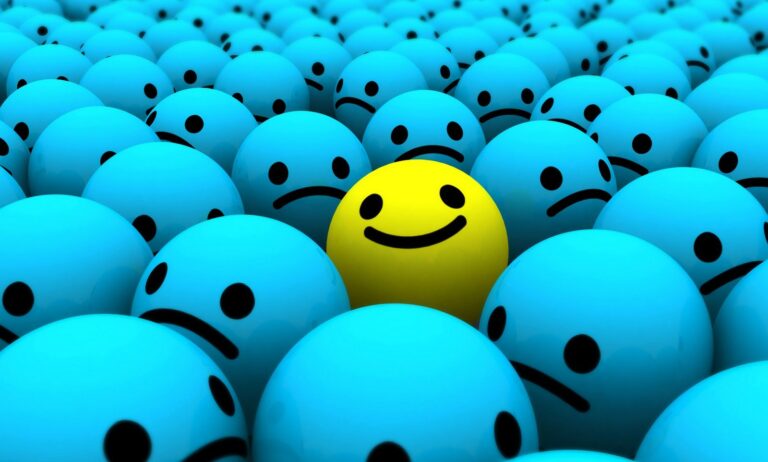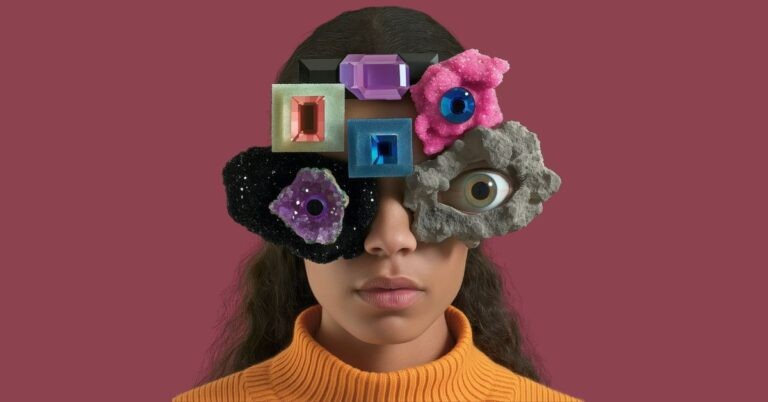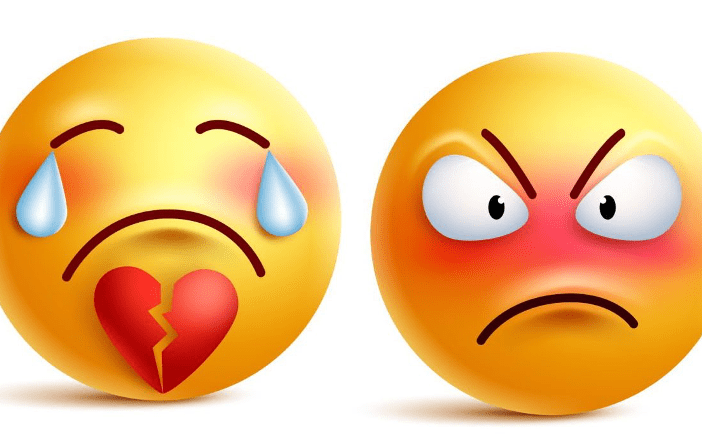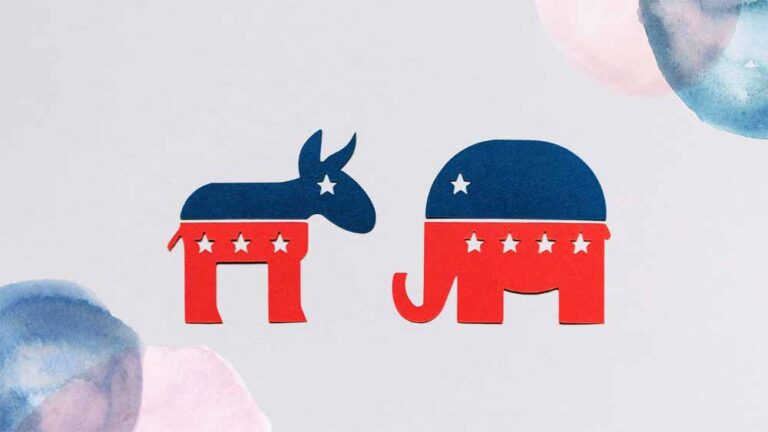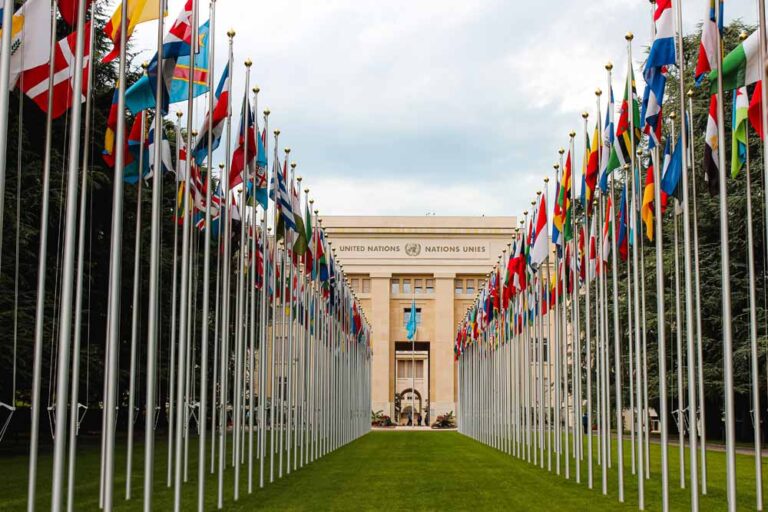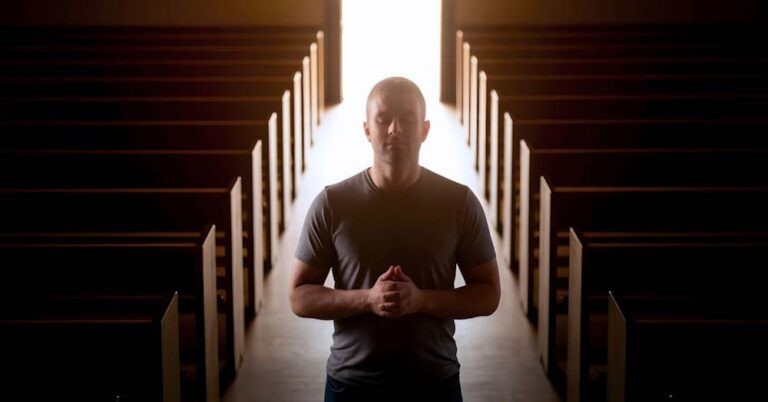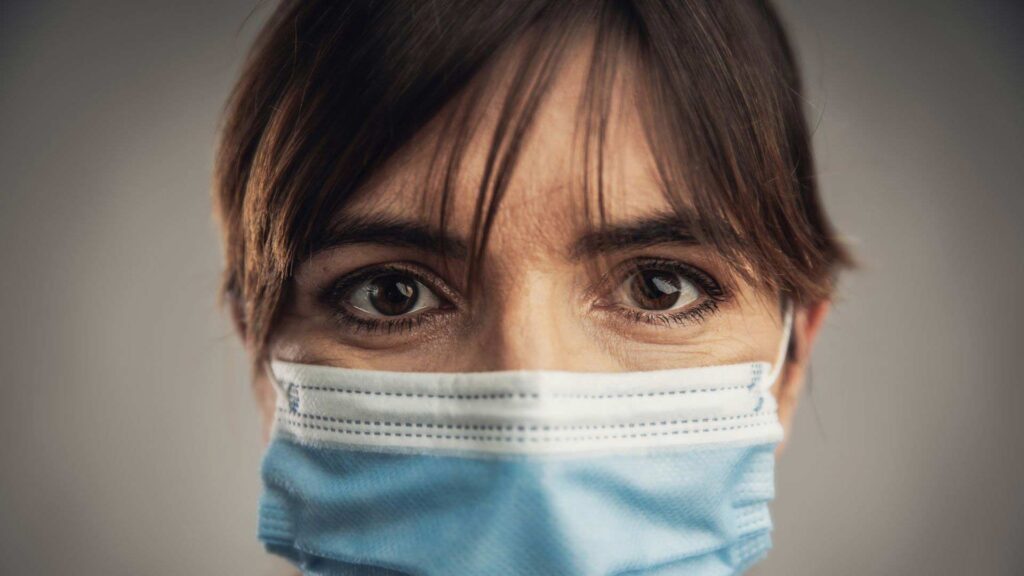
One year into the coronavirus pandemic, things seem to be getting better, but also the worst on record. Yes, we have many new working vaccines which people are already receiving, but there are also people getting infected and the virus is mutating into new and more dangerous forms. Facing this challenge, people are holding on, emotionally speaking. Surely, happiness seems to be a luxury we can’t yet afford to experience, or can we still be happy?
Learned Helplessness & Covid Depression
What do you think will happen if people continuously hear “no” in regard to different parts of their lives? American psychologist and educator Martin Seligman states that we will learn Learned Helplessness. In other words, we will become less productive, since subconsciously we will understand that we should not even bother trying to do whatever we want to do since we are just going to hear a “no” anyway. Moreover, in happiness psychology, it is known that negative emotions reduce personal productivity because now people have to bother with both the negative emotions and their work, while positive people don’t have any negative emotions and so they are solely focused on their work.
Indeed, during The Great Depression of 1929 and again now with Coronavirus, learned helplessness became a global event, making a lot of people unmotivated, unproductive, negative, and fed up with their current state of affairs. Sure, arguably we all have mouths to feed so we should always hustle, but since more people are extra negative, they will be less productive in comparison to someone who is just happy, even if they are currently living in a negative world situation, such as what is happening all around us right now.
And yet, in every learned helplessness experiment, there is always a small group of people who despite continuously hearing “no”,
persist, and take their effort to a completely new level. For them, there is no option but to try again and again, and quitting is just not an option. This is also why recessions are known as time of innovation, as many businesses improve their business processes and become better companies after their ordeal.
As such, be careful not to learn helplessness during this difficult, because the whole situation with coronavirus can and (surely did) demotivate a lot of people into being idle. Oppositely, the cure to learned helplessness is to restart the decision making process. We need to regain our momentum by for example, doing a series of small and easy tasks, which, hopefully, will give us enough resilience to push through potential “no’s” we can find in our way.
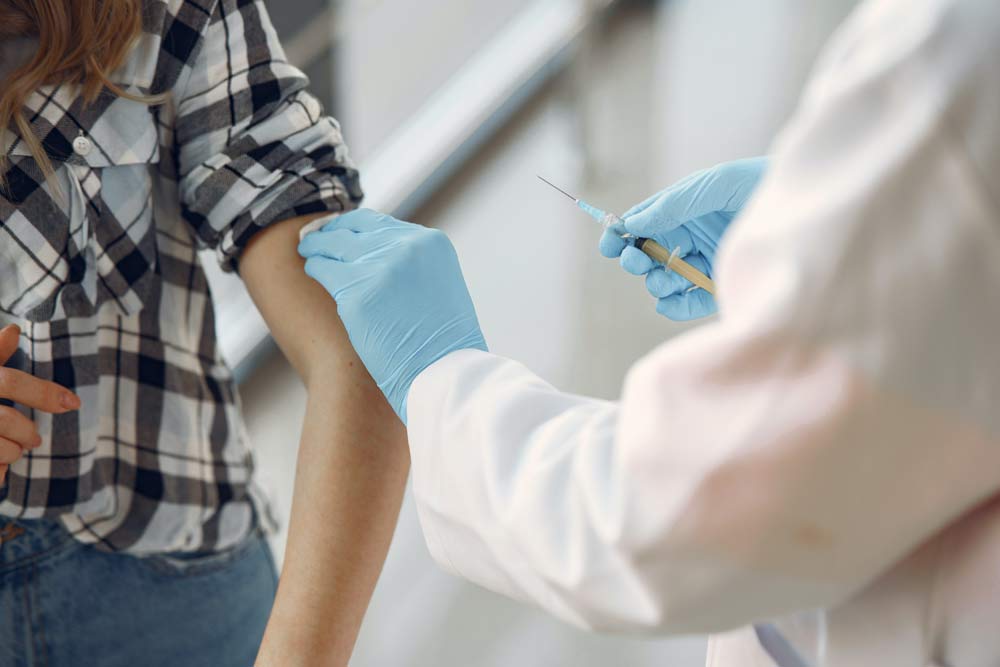
Unexpected Post-Vaccination Happiness Deep
If you are already vaccinated then I’m happy for you. Still, this does not yet mean that you can still behave “normal” as all the safety rules are still applicable. In other words, the post-vaccination happiness can lead to an increase in the number of cases, as the vaccinated will become more relaxed and help spread the virus.
Additionally, since there is a certain hierarchy among those who are eligible to receive the vaccine first, those in the non-vaccinated group will face a certain level of negativity in terms of not being able to do things, while their vaccinated counterparts can do them. For example, some airlines already told their passengers that in the future they may only be able to fly if they are vaccinated.
Coronavirus, Basic Income, and Happiness
The idea of basic income was especially picked up during the coronavirus pandemic, whereas a number of countries (but not all unfortunately) are giving free money to individuals and companies to keep the economy going. Surprisingly, it didn’t lead to a total overnight collapse of their economy and everything is still going afloat. As such, coronavirus became one of the biggest social experiments ever of basic income distribution in the world, helping individuals and societies to work in these difficult times.
Of course, even before COVID-19, scientists studying the mechanisms behind how basic income works already had strong evidence supporting the idea that everything will be fine and that this program will essentially pay for itself (see, for example, Utopia for Realists by Rutger Bregman). Still, since this model is not intuitive, as it is not perfectly clear how giving free money will lead to overall improvement of the human lot, it could perhaps make people even more unmotivated, unproductive, and dependent, but again, results of controlled studies speak for themselves. As such, we just need to take a leap of faith, which is precisely what coronavirus helped us to do.
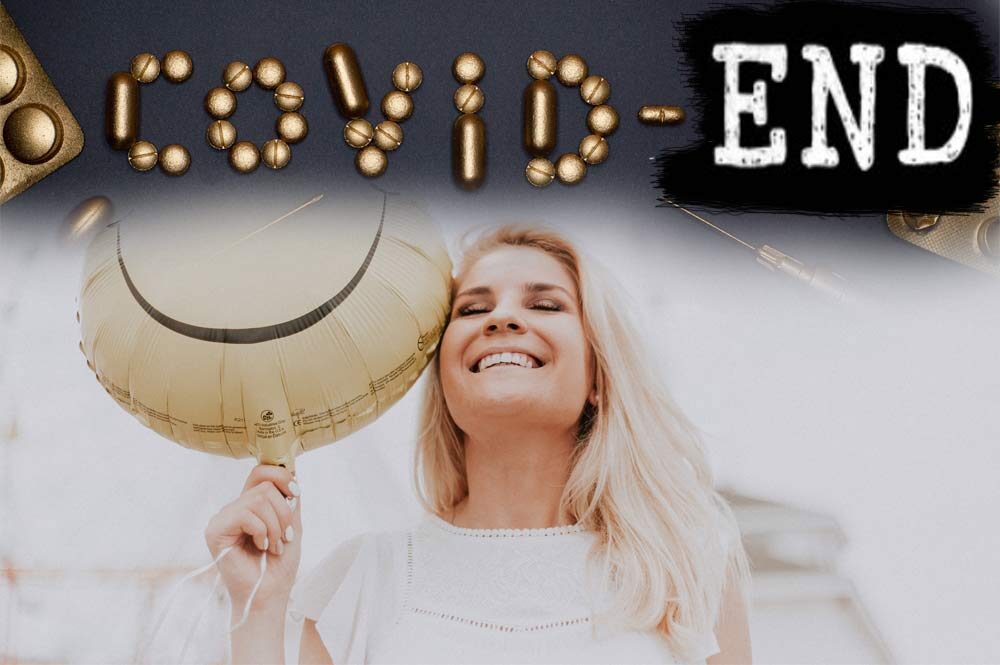
We Shouldn’t Wait for the End of Corona to be Happy
Overall, while it is true that COVID-19 created a new, unexpected, and less than desired reality, it is also true that it created some opportunities, which can make us happier, and perhaps even richer, if we are able to see them and act on them. For example, if we suddenly have some additional time on our hands, maybe we can do things that we always wanted to do, but never particularly had time to do, such as reading a book.
To do so, we need to distinguish what we can control from what we can’t. For example, we can’t control this pandemic, but we can make new decisions. In fact, often, we need to act differently because the world has changed, so it will just depend on us how long we take to catch up with it.
Lastly, Optimal Happiness is not dependent on conditions of the world we live in, meaning that we can be happy regardless of COVID-19 and other world events. We just need to learn a few key different ways about how to lead our life. This was indeed the thesis of my book called Optimal Happiness: The Fastest & Surest Way to Reach Your Happiest Potential. Check it out, as we all need extra motivation during these difficult times.
Stay Happy in 2021!







